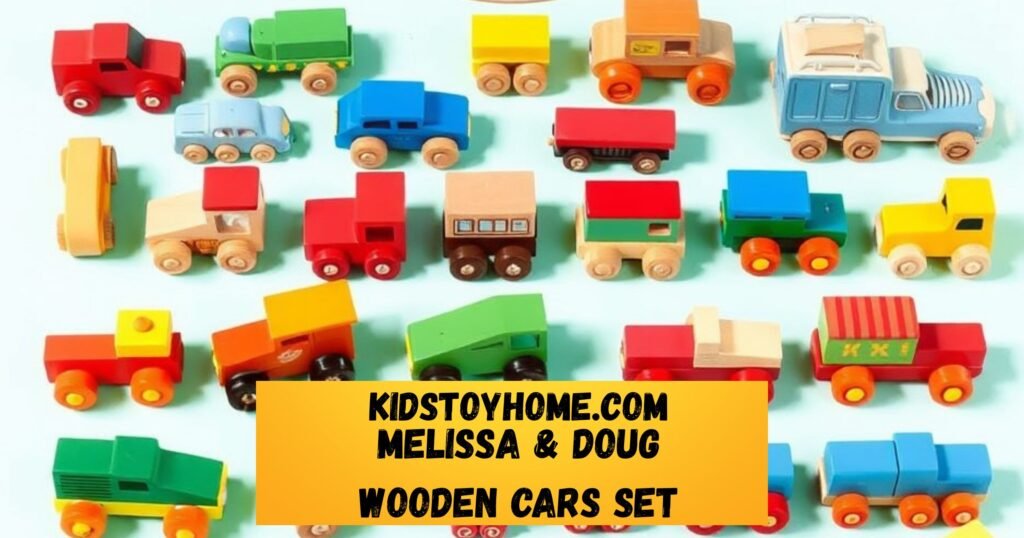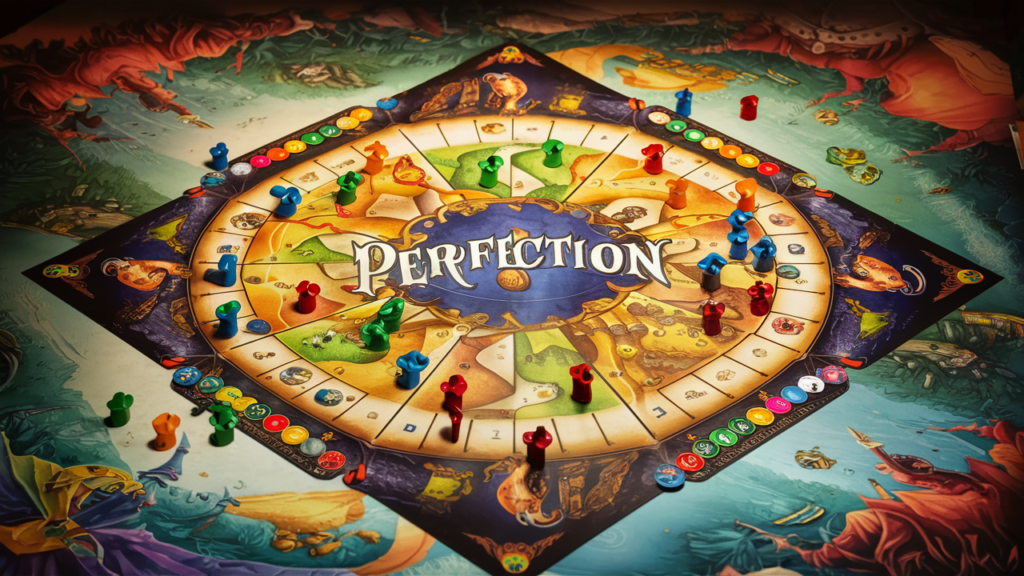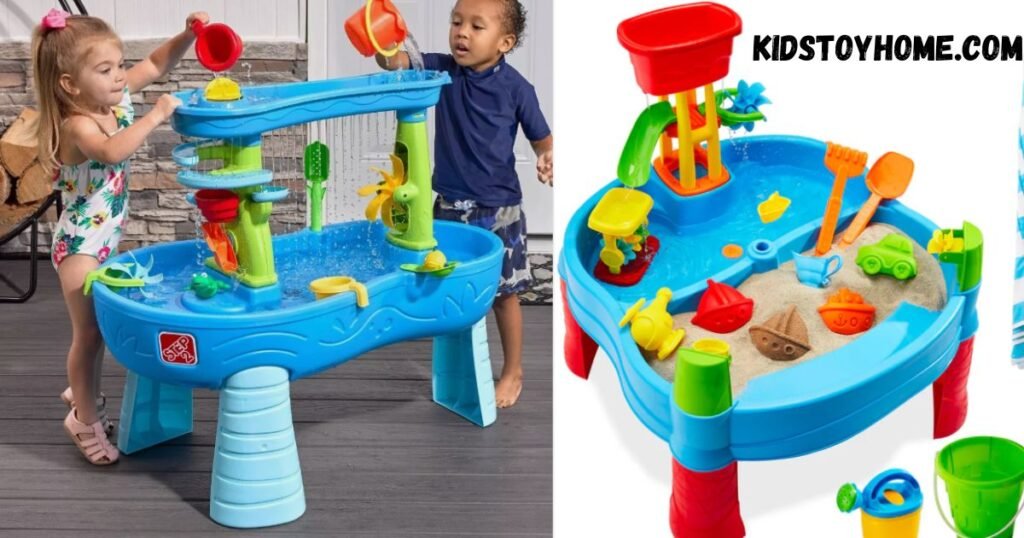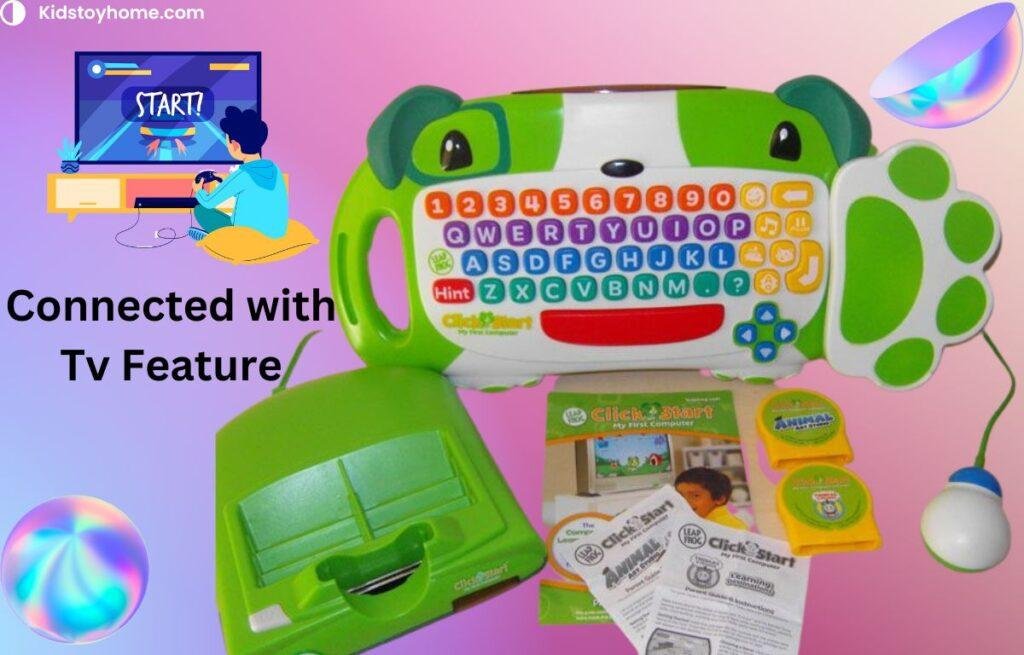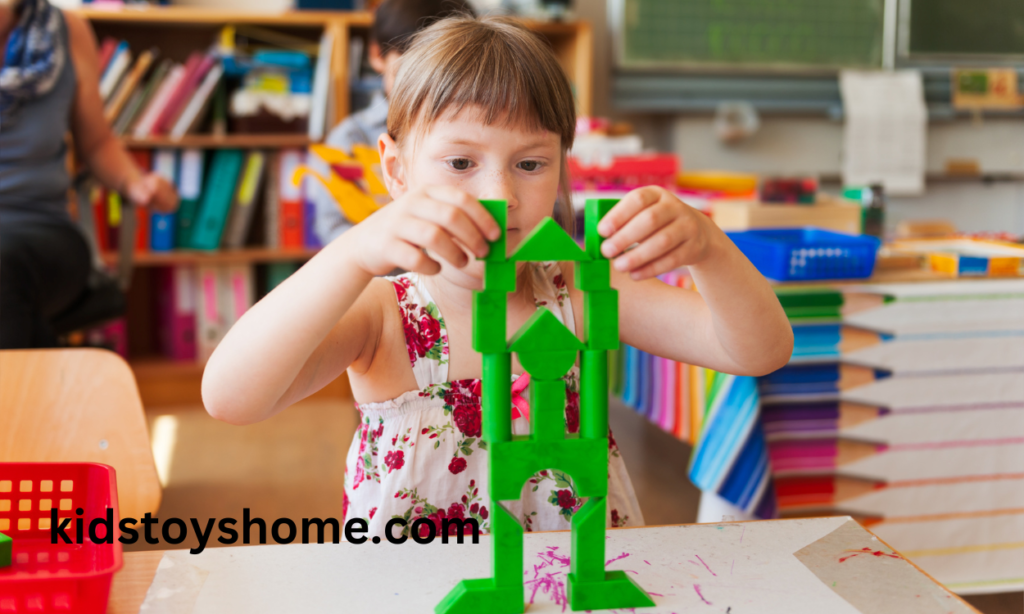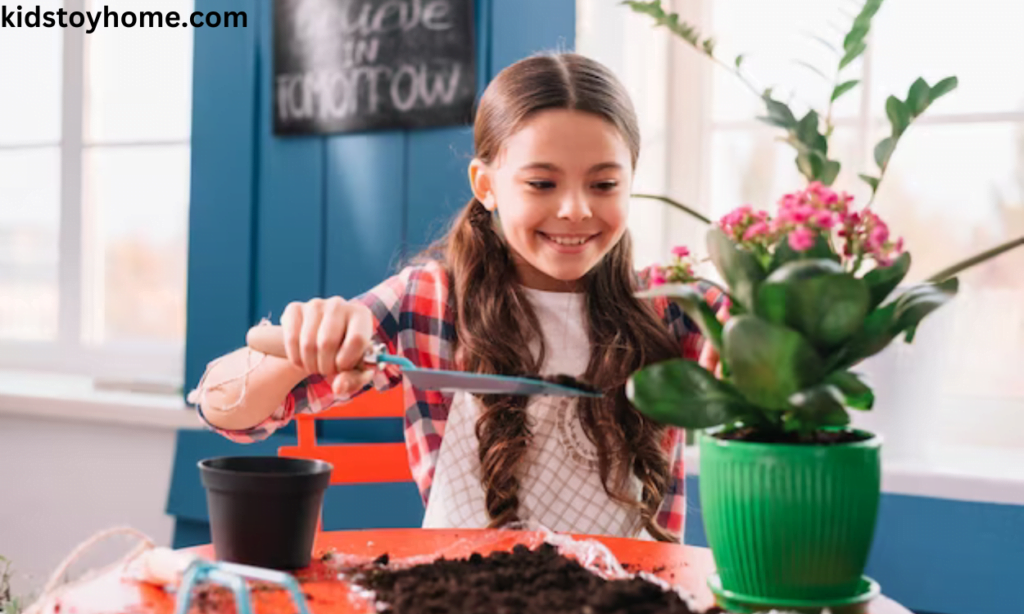
Are you looking for a fun and educational way to foster creativity and imagination in your child? Look no further than educational garden building flower toys! These innovative toys not only provide hours of entertainment but also offer numerous benefits for your child’s development.
In today’s digital age, it can be challenging to find toys that encourage hands-on play and stimulate the imagination. However, educational garden-building flower toys are a breath of fresh air in the toy market. They combine the joy of building and gardening with the educational benefits of problem-solving and creativity.
By introducing your child to educational garden-building flower toys, you are allowing them to explore their imagination, develop critical thinking skills, and learn about the natural world.
In this article, we will explore the various ways these toys can foster creativity and imagination in children, providing them with a well-rounded and enriching play experience.
What is an Educational Garden Building Flower Toys?
For young brains, starting an educational garden construction trip turns the ordinary into the exceptional. Imagine bright flower toys creating a creative tapestry that transforms learning into a rainbow of hues and inventiveness. Children build more than just gardens in this interactive odyssey—they create a haven for skills to grow.
The symphony of play-based learning reverberates through the air as petals entwine in imaginative building. Opportunities arise from challenges, and problem-solving abilities develop and open up like fragile buds. As kids work together, exchanging ideas and realizing their group’s vision, social development begins.
- Safety Toddler Toy:CENOVE pretend flower garden toy set is made with Eco-friendly materials. BPA-Free,Non-toxic, No smel…
- Easy to Clean & Organizer: Comes with a nice green carry box to organizer. All parts could be washed with water. It also…
- Educational Toys: Learning about the parts of a plant. Bright, colorful STEM garden toys help hand-eye coordination and …
This interactive experience is more than just a chance to interact with nature; it’s a platform for language, numeracy, and motor abilities to develop. Every stem joined, every petal arranged, is a lesson in the poetry of daily living and the creativity of the natural world.
Similar to seeds strewn in the wind, open-ended toys plant the curiosity that inspires open-ended inquiries. Children engage in open-ended play while building a playful garden, developing critical thinking abilities that endure like resilient perennials. This is about cultivating a love of nature, where each question is a knowledge seed waiting to sprout, not only about creating gardens.
- 150 PCS DIY Garden Toys Set: This set of flower garden building toys includes a total of 150 pieces including the roots,…
- Preschool Toys to Encourage Creative Play: Colorful garden toys help the early development of children’s hand-eye coordi…
- Safe & Kids-friendly Materials: Our flower building toys have premium quality assurance and are made entirely of safe an…
In this emerging environment, inclusiveness is king. Kids of all skill levels, no matter which garden they come from, discover a friendly environment. Here, the abilities of adaptation and narrative blend together to create a tapestry in which each tale is distinct and every thread is essential. Building an educational garden becomes more than just a task as the sun rises and sets; it becomes a celebration of happiness and discovery.
The hours unfold like the petals of a flower in blossom, providing a haven for the flourishing of creative minds. Between the giggles and the bright colors of flower toys, every child’s path becomes a unique, happy symphony—a melodic celebration of development, the natural world, and the pure joy of learning via play.
How does Educational Garden Building Flower Toys Foster Creativity and Imagination?
Flower toys offer an excellent opportunity to foster creativity and imagination in children. These play-based educational tools provide hours of fun while promoting the development of various skills. By engaging with flower toys, children can enhance their motor skills, problem-solving abilities, and math skills.
Playing with flower toys in a creative garden setting allows children to explore and manipulate natural materials, stimulating their senses and promoting fine motor skills development. They can experiment with different combinations, building unique flower arrangements that encourage problem-solving skills and spatial awareness.
Moreover, flower toys provide an open-ended play experience, allowing children to use their imagination freely. With no predetermined outcomes, they can create their own stories and scenarios, nurturing their creativity and storytelling skills. This type of play also fosters social development as children engage in collaborative play, communicate ideas, and explore roles together.
Incorporating flower toys into everyday life provides a hands-on approach to learning, making abstract concepts more tangible to children. Furthermore, exploring the plant life cycle and using color names and bright colors in the dolls can enhance language and cognitive skills development.
By offering a personal garden experience, flower toys empower children to take ownership of their creative learning processes. These play resources offer endless possibilities and adaptability, making them suitable for all children, including those with disabilities.

In conclusion, flower toys are an innovative and effective way to foster creativity and imagination in children. Through open-ended play and the use of natural materials, these toys offer a holistic learning experience that promotes motor skills development, problem-solving skills, and math skills while nurturing a creative mind.
Motor Skills Development
Motor skills development is a crucial aspect of a child’s overall development. Purposeful play helps develop motor skills, creating a hidden garden. Educational garden-building flower toys offer a fun and interactive way for children to refine their motor skills. By manipulating the toy components, children strengthen hand-eye coordination, finger strength, and manual dexterity, which are essential for everyday activities and future physical development.
Problem-Solving Skills Development
Educational garden-building flower toys provide an excellent opportunity for children to develop their problem-solving skills. Open-ended play with toys encourages critical thinking and creative problem-solving in children, allowing them to build flower towers and create unique garden designs. Through such experiences, children develop their ability to analyze problems, brainstorm ideas, and implement solutions. They also learn about cause and effect as they experiment with different approaches and observe the outcomes.
This process of problem-solving promotes cognitive development and nurtures a creative mind in children. Whether they are playing individually or in groups, educational garden-building flower toys offer endless possibilities for children to sharpen their problem-solving skills while having hours of fun.
Math Skills Development
Building flower toys in an educational garden not only fosters creativity and imagination but also provides an excellent opportunity for developing math skills in children. As they engage in open-ended play, children can naturally explore mathematical concepts such as counting, sorting, and measuring. They can arrange the flowers in patterns and sequences, enhancing their understanding of math principles.
Additionally, teachers can incorporate math-related questions and activities into group projects, encouraging children to apply their math skills in real-life contexts. By combining the playful nature of flower toys with math learning, children can develop a solid foundation in math while having hours of fun in the garden.

Creative Garden Planning
A creative garden is not only a beautiful addition to any outdoor space but also a fantastic opportunity for children to engage in play-based learning and develop their creativity and imagination. By incorporating educational garden-building flower toys into the garden planning process, children can experience an interactive and hands-on approach to exploring various aspects of creative development.
These toys provide open-ended play experiences that stimulate their motor, problem-solving, and math skills while also fostering social and language development through storytelling and collaborative activities. Whether it’s counting petals, creating patterns with colors and shapes, or measuring and comparing the height of flowers, these toys offer an excellent opportunity to combine learning and outdoor play.
With hours of fun and endless possibilities, educational garden-building flower toys are a valuable resource for children of all abilities, enabling them to learn and grow as they engage with nature and their creative minds.

Play-Based Learning
Play-based learning is a dynamic approach to education that emphasizes hands-on, experiential learning. It allows children to become architects of their knowledge, exploring and solving questions. This dynamic approach is not just about learning; it’s a playground for the mind, fostering curiosity and problem-solving.
Children learn motor skills, math, language, and social skills naturally, creating a foundation that withstands time. Play-based learning is a love letter to curiosity, guiding children through their educational journey through imagination and creativity. It becomes a lifelong love affair with the joy of discovery.
FAQs about Educational Garden Building Flower Toys
What is educational garden building, and how does it involve flower toys?
Educational garden building is a hands-on, creative activity where children construct miniature gardens using flower toys. These toys serve as the building blocks for cultivating both imagination and creativity.
How do flower toys contribute to fostering creativity in children?
Flower toys provide a colorful and versatile medium for children to express their creativity. The open-ended nature of these toys encourages imaginative thinking, allowing children to design and build their own miniature botanical worlds.
What skills can children develop through educational garden building with flower toys?
Children engage in play-based learning, enhancing motor skills, problem-solving abilities, and social development. The activity also promotes language and math skills as they construct and communicate their ideas.
How does educational garden building encourage a love for nature?
By incorporating elements of the natural world, such as flowers and plants, children gain a deeper appreciation for nature. This fosters a connection to the environment and stimulates a love for the beauty of plants and the plant life cycle.
Can children of all abilities participate in the educational garden building with flower toys?
Absolutely. The inclusive nature of this activity accommodates children of all abilities, promoting adaptive and storytelling skills. It creates an environment where every child, regardless of their capabilities, can engage and benefit from the experience.


